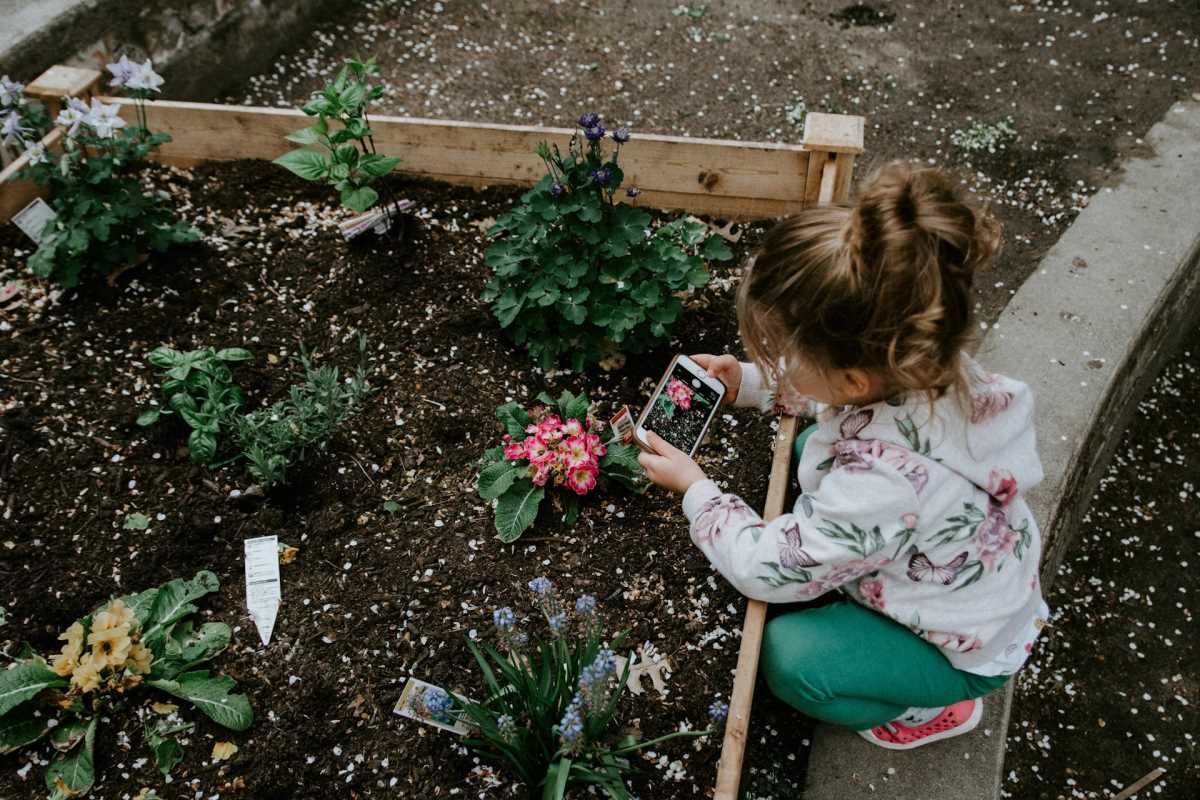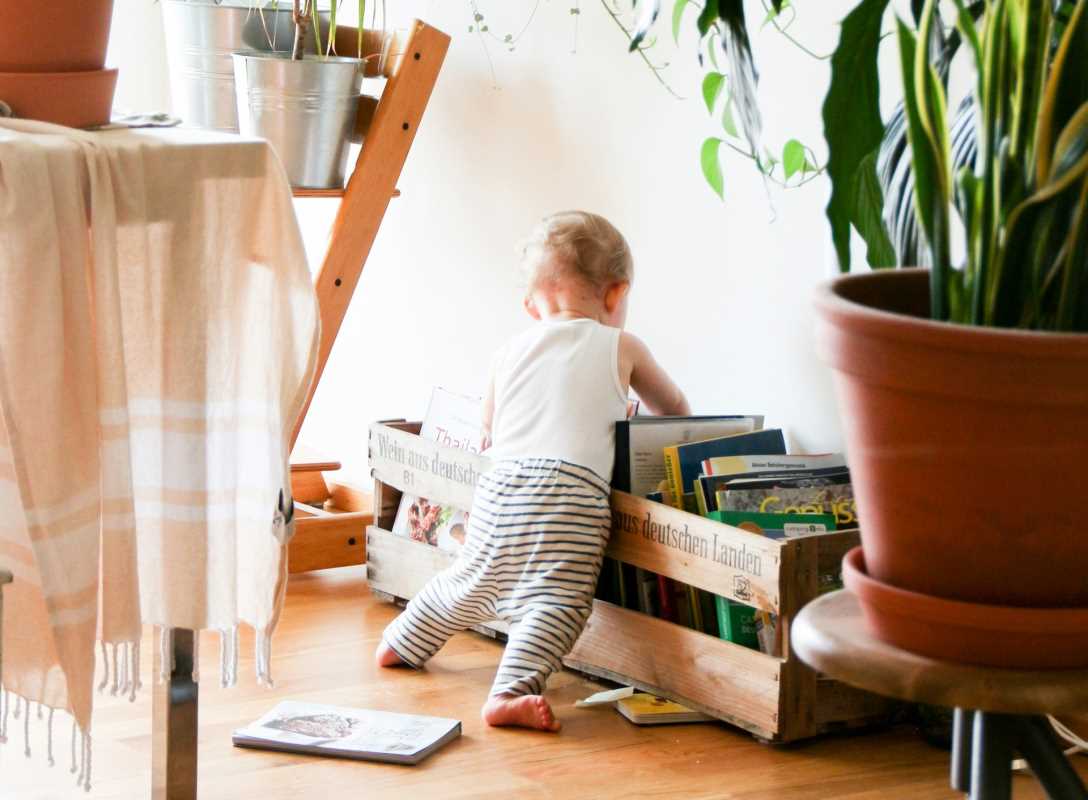In today’s digital age, many parents face the challenge of steering their kids away from screens and encouraging them to engage in activities that stimulate their minds and bodies. With a plethora of digital entertainment options available, it can sometimes feel overwhelming to find creative alternatives that are both fun and enriching. Fortunately, there are countless exciting activities that can capture children’s interest while promoting their overall development. From outdoor adventures to hands-on cooking experiences, here are some fantastic options to keep your kids entertained and active, all while minimizing screen time.
Outdoor Adventures
Encouraging your kids to spend time outdoors promotes physical activity and allows them to explore and appreciate nature. Outdoor adventures can range from simple to elaborate, offering endless possibilities for family fun. Consider planning a nature scavenger hunt where kids search for specific leaves, rocks, or insects in your backyard or a local park. This activity not only engages them physically but also sharpens their observation skills and encourages curiosity about the environment. You might also set up a backyard camping experience, complete with a tent, sleeping bags, and storytelling around a fire pit. This helps them connect with nature while fostering a sense of adventure and teamwork. If you have access to bicycles, organizing a neighborhood bike ride can be both fun and a great way to get some exercise. Research shows that spending time in nature can reduce stress and improve overall well-being, making outdoor activities an essential part of a child's routine. Nature helps children develop an appreciation for the environment and fosters curiosity about the world around them. The physical activity involved in outdoor play promotes healthier lifestyles and can lead to improved mood and mental health. Furthermore, outdoor activities encourage creativity and imaginative play, allowing children to invent games and stories inspired by their surroundings.
Arts and Crafts
Unleashing your child's creativity through arts and crafts activities is another wonderful way to engage them meaningfully. These activities provide a valuable outlet for self-expression and can take many forms, from painting and drawing to crafting with various materials. You could create a DIY bird feeder using recyclable items, make friendship bracelets, or even paint rocks to hide around your community for others to find. Not only do these activities encourage creativity, but they also foster a sense of community and connection. Engaging in art activities can enhance fine motor skills and cognitive development in children as they choose colors, shapes, and designs that resonate with them. Art serves as a therapeutic tool, helping children process emotions and experiences in a constructive manner. The satisfaction of completing an art project can significantly boost a child’s self-esteem and sense of accomplishment, encouraging them to take pride in their creativity. By setting up a dedicated space for arts and crafts in your home, you can provide a nurturing environment that encourages exploration and innovation.
Cooking and Baking
Getting your little ones involved in the kitchen through cooking or baking can be a delightful experience filled with laughter and learning opportunities. Cooking allows you to teach them basic culinary skills while experimenting with new recipes together. You might even consider having a friendly family bake-off where everyone contributes their culinary creations. Allow your kids to decorate their dishes and share them with the family, turning mealtime into a celebratory event. Cooking boosts their confidence, teaches them about nutrition, and enhances their math skills through measurements and ingredient ratios. It also provides a fantastic opportunity to discuss where food comes from, fostering an understanding of healthy eating habits. Children can learn patience as they wait for food to cook and can experience the joy of creating something delicious from scratch. Involving children in the kitchen fosters a sense of responsibility and accomplishment, empowering them to contribute meaningfully to family meals. Moreover, the kitchen becomes a space for bonding, laughter, and shared memories that last a lifetime.
Science Experiments
Sparking your child's curiosity and love for learning with simple and exciting science experiments can be an excellent way to keep them engaged. Conducting these experiments at home can be as easy as using everyday materials. For instance, you can create a volcano using baking soda and vinegar, which not only entertains but educates children about chemical reactions. Making slime or growing a crystal garden can also captivate their attention while illustrating important scientific concepts. These hands-on activities will not only entertain them but also help them develop critical thinking skills and a deeper understanding of the world around them. Engaging in science experiments fosters inquiry and exploration, encouraging children to ask questions and seek answers. Additionally, it provides opportunities for parents to actively participate in their children's education, strengthening the parent-child bond through shared learning experiences. Creating a small science lab at home, complete with safe and age-appropriate supplies, can transform routine afternoons into exciting educational adventures.
Dance Party
Hosting a spontaneous dance party with your kids can be a fantastic way to get them moving and boost their spirits. All you need is some energetic music, and you can encourage them to move and groove to the beat. You might even teach them new dance moves or allow them to choreograph their own routines, which encourages creativity and self-expression. Dancing serves as an excellent form of exercise that releases energy, improves coordination, and enhances mood. Research indicates that physical activity, like dancing, can also positively affect children's mental health by reducing stress and anxiety. Engaging in dance together strengthens family bonds and creates a fun, lively atmosphere in your home. With the right playlist and a little enthusiasm, you can turn any dull day into a joyful celebration. Consider introducing various dance styles to diversify the experience and even incorporate some learning by discussing the history or cultural significance of each style.
Board Games and Puzzles
Gathering the family for a game night filled with classic board games, puzzles, or brain teasers can be a great way to foster interaction and strengthen relationships. Board games offer a wonderful opportunity for everyone to come together and enjoy each other's company while promoting teamwork and friendly competition. Whether it's playing Monopoly, solving a jigsaw puzzle, or challenging each other with trivia games, these activities encourage social interaction and critical thinking skills. Board games often require strategic planning and decision-making, prompting children to think ahead and anticipate their opponent's moves. They also provide a platform for teaching valuable life skills such as patience, sportsmanship, and handling both winning and losing gracefully. By engaging in these activities, families can bond over shared laughter and friendly competition, creating lasting memories that extend beyond the screen. Additionally, you can rotate games regularly to keep the experience fresh and exciting for everyone involved.
Gardening
Introducing your kids to the joys of gardening can be a rewarding experience that instills a sense of responsibility and appreciation for nature. Gardening together allows you to teach them about plant care, watering schedules, and the importance of sunlight and soil quality. Starting small with flowers, herbs, or vegetables can make the experience manageable and enjoyable for children of all ages. Watching their plants grow and bloom, they learn valuable lessons in patience and perseverance. Gardening fosters a connection to the environment, allowing kids to understand where their food comes from and the importance of sustainability. Nurturing plants provides a calming effect, teaching children the value of mindfulness and the joy of caring for living things. Moreover, gardening can become a family project where everyone contributes, whether through planting, watering, or harvesting. This shared responsibility can strengthen family ties while promoting a sense of accomplishment as they see their hard work yield results.







